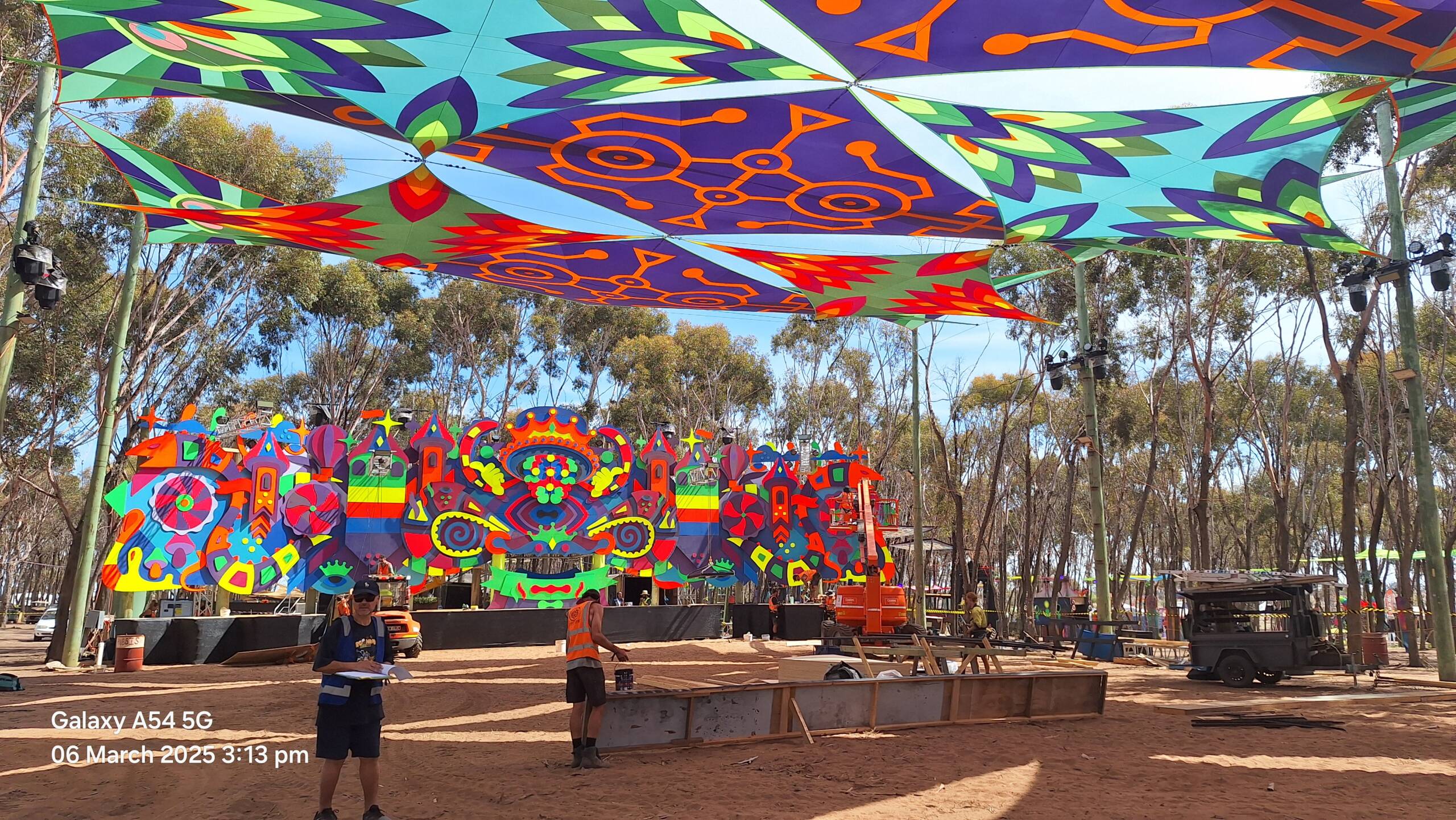The Esoteric Festival Cancellation — A Case Study in Safety Overreach The recent cancellation of the Esoteric Festival has reignited concerns about the balance between public safety and practical event management. While safety remains paramount, the abrupt cancellation reflects deeper systemic issues that need addressing. This document explores the role of safety regulations, identifies flaws in current processes, and proposes practical solutions to prevent unnecessary cancellations in the future.
Understanding Safety in Public Events Safety refers to the condition of being protected from harm, danger, or risk. For public events, this involves minimizing hazards to ensure the well-being of attendees, staff, and the wider community. However, the complexity of enforcing safety standards has led to decisions that sometimes feel excessive, impractical, or even unjust.
When Safety Measures Go Too Far In crisis situations or when building safety concerns arise, councils and government bodies often implement stringent measures to mitigate risks. While these decisions are typically well-intentioned, they can inadvertently cause more harm than good when executed without consideration for alternative solutions.
The Esoteric Festival Example — A Systemic Issue The cancellation of the Esoteric Festival demonstrates how rigid application of safety measures can undermine community events. While safety concerns should never be dismissed, the lack of negotiation and practical problem-solving resulted in substantial financial, emotional, and social fallout for:
- Organisers: Who spent months planning the festival, only to see their efforts undone without meaningful dialogue.
- Vendors and Performers: Many of whom rely on such events for income and exposure.
- Attendees: Who lost an opportunity for cultural engagement, community bonding, and personal enjoyment.
Key Systemic Issues Exposed The Esoteric Festival’s cancellation highlights several issues within the current safety regulation framework:
- Inconsistent Standards: The Place of Public Entertainment (POPE) process varies significantly between councils, resulting in unpredictable outcomes for event organisers. Some councils may decide that an event does not require a POPE declaration, while others may insist that organisers sign a statutory declaration confirming compliance.
- Accessibility Policy Variations: Councils are increasingly introducing their own accessibility policies in addition to POPE requirements. For example, some councils now require all stages to include ramp access, even in cases where performers do not require this accommodation. While ensuring inclusivity is vital, inconsistent enforcement can cause confusion and unplanned expenses for event organisers.
- Fee Exemptions: POPE fees may be waived depending on the organisation’s structure, such as for non-profit charities or community organisations. However, this exemption process is not always clearly communicated, causing uncertainty and financial strain on small event teams.
- Timing of POPE Approvals: A significant concern is that many POPE approvals are not granted until just hours before the event commences. This last-minute confirmation creates uncertainty for organisers, increasing the risk of event cancellations at the final stage of preparation.
- New Temporary Structure Regulations: Recent changes in temporary structure regulations have contributed to rising costs for event organisers. New requirements have introduced additional layers of complexity, demanding stricter compliance on elements such as structural integrity, crowd control barriers, and staging design. Without clear guidance or streamlined communication, these changes further burden event organisers with added costs and delays.
Examples of New Temporary Structure Costs:
- Stage Scaffolding: The requirement for certified scaffolding installations can now cost upwards of $5,000 for a standard community festival stage.
- Wind Resistance and Load Testing: Ensuring temporary marquees meet updated wind resistance guidelines may add an additional $1,000 to $3,000 per structure.
- Engineer Certification: New requirements may demand structural engineers to inspect and sign off on installations, with costs starting at $2,500 per visit.
- Safety Barriers and Crowd Control Equipment: Additional fencing or controlled access points can add $500 to $1,500 depending on the size and complexity of the event site.
The Role of POPE and Public Safety Officers The POPE process was originally designed to ensure public events met essential safety requirements. However, over time, the role of Public Safety Officers (PSOs) has expanded to include areas often beyond their expertise, such as:
- Electrical Safety Audits (despite some PSOs lacking formal electrical qualifications).
- Fire Safety Management (with limited training in high-stakes fire safety decision-making).
- Structural Safety Assessments (which often require engineering expertise).
This overreach has turned the POPE process into an unwieldy system that places excessive pressure on event managers and PSOs alike, creating a “postcode lottery” of unpredictable event approval outcomes.
The Need for POPE Reform The Esoteric Festival cancellation underscores the urgent need for reforming the POPE process. A revised framework should:
- Standardize Safety Requirements: Establish clear, consistent guidelines that apply across all councils.
- Clarify Roles and Expertise: Ensure PSOs focus on their area of expertise, while complex assessments (e.g., electrical, structural) are conducted by qualified professionals.
- Emphasize Collaboration: Encourage dialogue between councils and event organisers to explore viable solutions rather than defaulting to cancellation.
- Introduce Transparent Risk Assessments: Provide clear criteria for identifying, assessing, and addressing safety concerns.
Furthermore, it seems that as more layers of bureaucracy get added, they all want a piece of the very small event pie. This, combined with the added burden of varying levels of insurance and cover requirements, makes it increasingly unstable for small community events to start and thrive.
Advocating for a Balanced Approach The cancellation of the Esoteric Festival should serve as a catalyst for positive change. By shifting the focus from rigid enforcement to collaborative problem-solving, councils can better balance public safety with practical event management. Through dialogue, transparent processes, and meaningful negotiation, we can create a system that enables safe, vibrant, and thriving community events without unnecessary disruptions.
